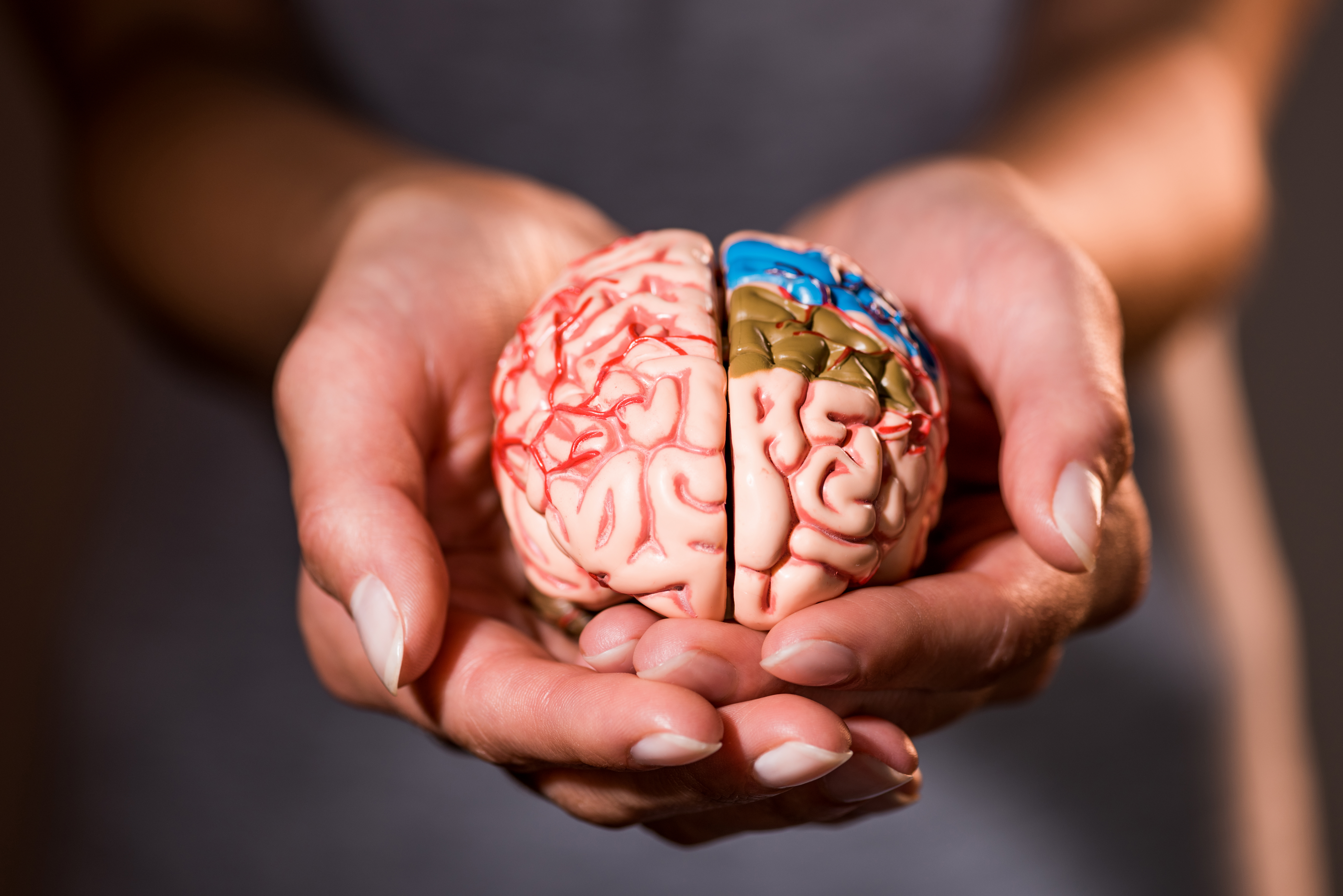11 Sneaky Symptoms of Thiamine Deficiency You’re Probably Missing
Thiamine, also known as vitamin B1, is an essential nutrient that plays a critical role in energy metabolism and the proper functioning of the nervous system. Despite its importance, thiamine deficiency often flies under the radar, overshadowed by more well-known vitamin deficiencies. This silent deficiency can lead to a range of health issues, some of which are subtle and easily mistaken for other conditions. This article aims to unravel the hidden layers of thiamine deficiency, spotlighting 11 sneaky signs that often go unnoticed. By understanding these signs, individuals can take proactive steps to address potential deficiencies before they escalate into more severe health problems.
1. The Biochemical Role of Thiamine: Foundation of Energy and Nerve Health

Thiamine is a water-soluble vitamin that serves as a coenzyme in the metabolism of carbohydrates, facilitating the conversion of nutrients into energy. It is crucial for the functioning of the Krebs cycle, which is the body's primary energy production pathway. Beyond energy metabolism, thiamine is vital for the synthesis of neurotransmitters, which are chemicals that transmit signals in the brain and nerves. A deficiency in thiamine can thus disrupt energy production and nerve function, leading to a cascade of health issues. Understanding thiamine's biochemical role underscores its importance and highlights why even a slight deficiency can have widespread effects.
2. Common Causes of Thiamine Deficiency: Beyond Poor Diet

While a diet lacking in thiamine-rich foods is a primary cause of deficiency, several other factors can contribute. Chronic alcoholism is a well-known cause, as alcohol interferes with thiamine absorption and storage. Certain medical conditions, such as Crohn's disease and anorexia, can also impair thiamine uptake. Additionally, some medications, including diuretics and chemotherapy drugs, can increase the risk of deficiency. Understanding these causes is crucial for identifying individuals at risk and implementing preventive measures. It also highlights the need for healthcare providers to consider thiamine status in patients with these underlying conditions.
